PANTOPRAZOLE - INJECTION
PHONETIC PRONUNCIATION: (pan-TOE-pra-zole)
COMMON BRAND NAME(S): Protonix IV
GENERIC NAME(S): pantoprazole sodium
Uses
USES: Pantoprazole is used to treat certain stomach and esophagus problems (such as acid reflux). It works by decreasing the amount of acid your stomach makes. This medication relieves symptoms such as heartburn, difficulty swallowing, and persistent cough. It helps heal acid damage to the stomach and esophagus, helps prevent ulcers, and may help prevent cancer of the esophagus. Pantoprazole belongs to a class of drugs known as proton pump inhibitors (PPIs). The injection form of this drug is used for a short time when you cannot take the medication by mouth. When possible, your doctor should switch you to the form that is taken by mouth.
How to use PANTOPRAZOLE - INJECTION
HOW TO USE: This medication is given by injection into a vein as directed by your doctor. The dosage and length of treatment are based on your medical condition and response to treatment. If you are using this medication at home, learn all preparation and usage instructions from your health care professional. Before using, check this product visually for particles or discoloration. If either is present, do not use the liquid. Learn how to store and discard medical supplies safely. Tell your doctor if your condition persists or worsens. The risk of side effects goes up over time. Ask your doctor how long you should use this medication.
Side Effects
Precautions
Interactions
Overdose
Images
Reviews
Faq for PANTOPRAZOLE - INJECTION
Pantoprazole injection is used to treat certain stomach and esophagus problems such as acid reflux, ulcers, and Zollinger-Ellison syndrome.
Pantoprazole injection works by reducing the amount of acid produced in the stomach, which helps to alleviate symptoms and promote healing.
Pantoprazole injection is administered by a healthcare professional through a needle into a vein. It is usually given over a period of 15 minutes.
Common side effects may include headache, diarrhea, nausea, vomiting, and abdominal pain. Serious side effects are rare but may include allergic reactions, kidney problems, and low magnesium levels.
The use of pantoprazole injection during pregnancy should only be considered if the potential benefits outweigh the potential risks. It is important to discuss this with your doctor.
Pantoprazole injection may interact with certain medications, including warfarin, methotrexate, and atazanavir. It is important to inform your doctor about all the medications you are taking.
The onset of action for pantoprazole injection varies, but some relief from symptoms may be experienced within a few days. It may take several weeks for full healing to occur.
The frequency of pantoprazole injection administration will depend on the specific condition being treated. Your doctor will determine the appropriate dosing schedule for you.
Pantoprazole injection is not typically recommended for use in children. However, in certain cases, it may be prescribed by a doctor for children with specific medical conditions.
Disclaimer
IMPORTANT: HOW TO USE THIS INFORMATION: This is a summary and does NOT have all possible information about this product. This information does not assure that this product is safe, effective, or appropriate for you. This information is not individual medical advice and does not substitute for the advice of your health care professional. Always ask your health care professional for complete information about this product and your specific health needs.
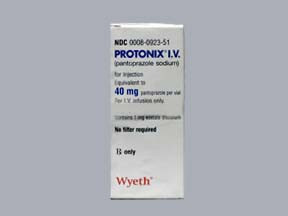
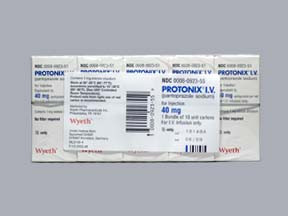
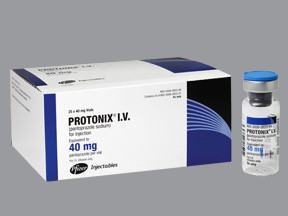
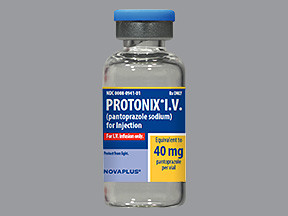
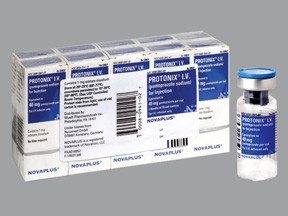
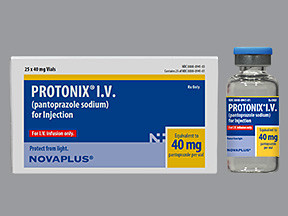

No Reviews Yet